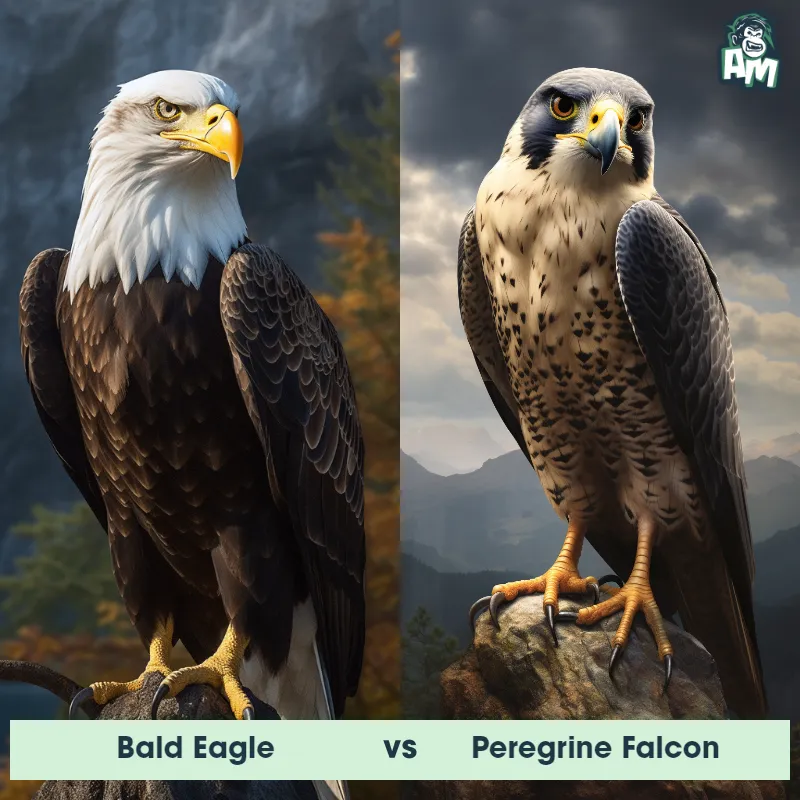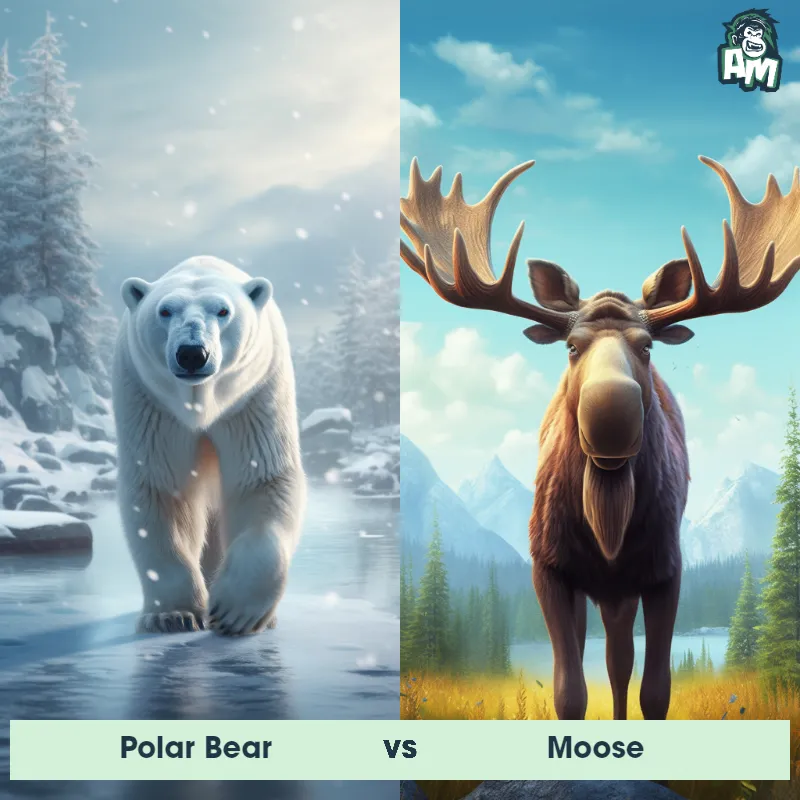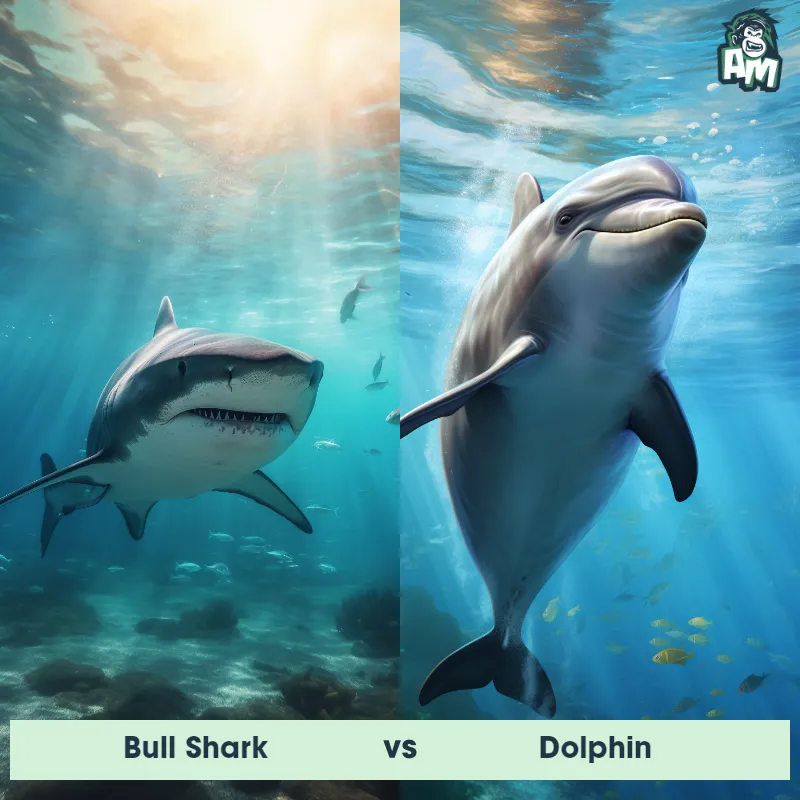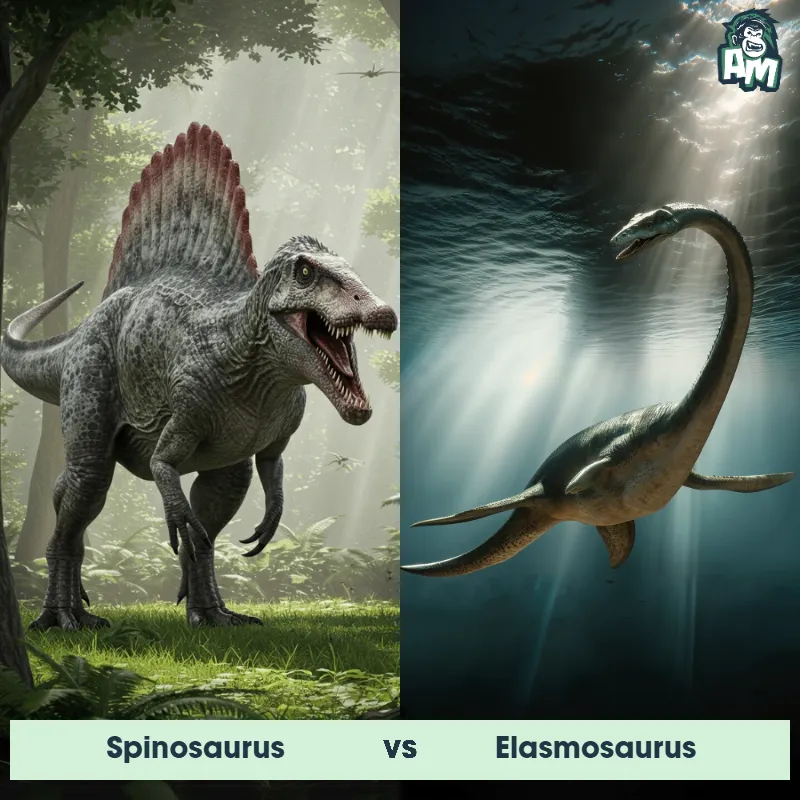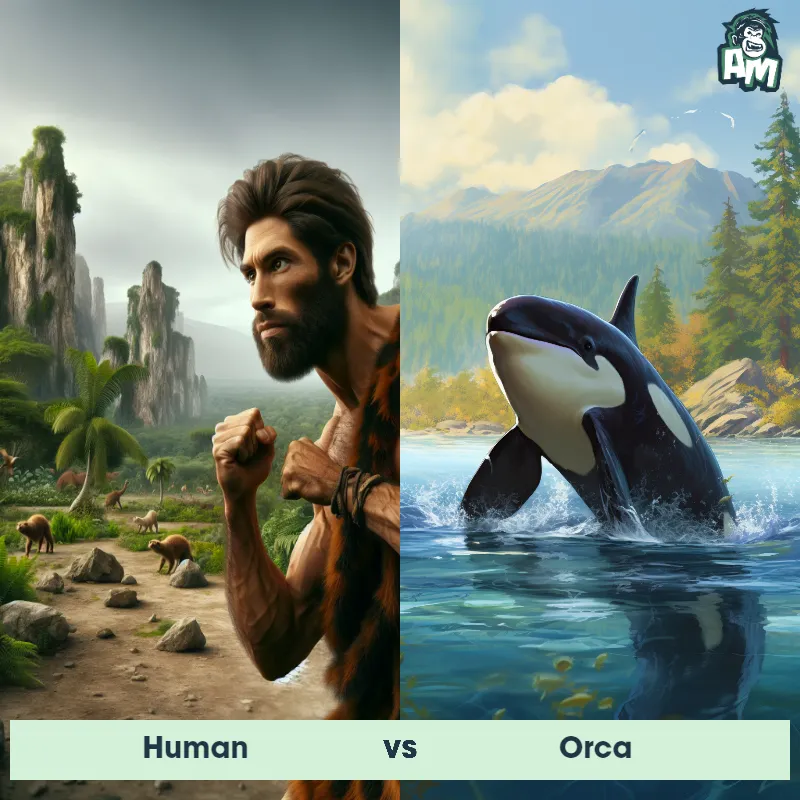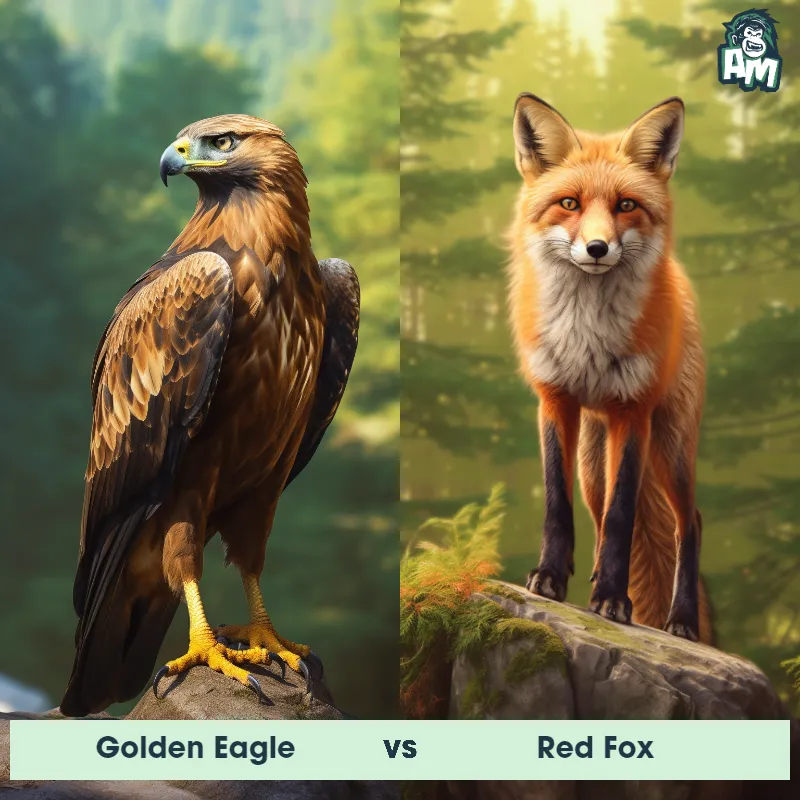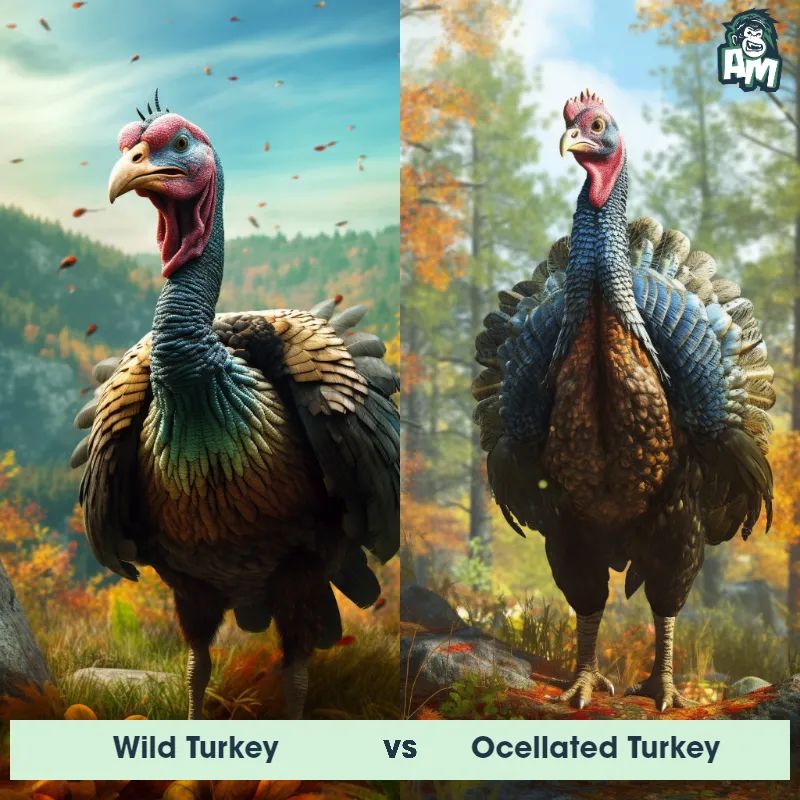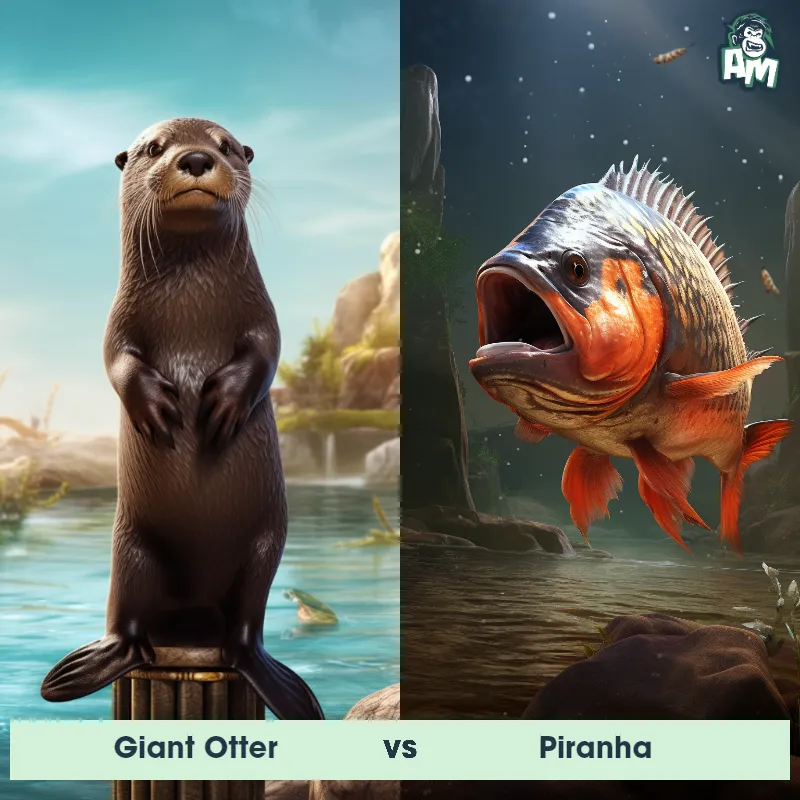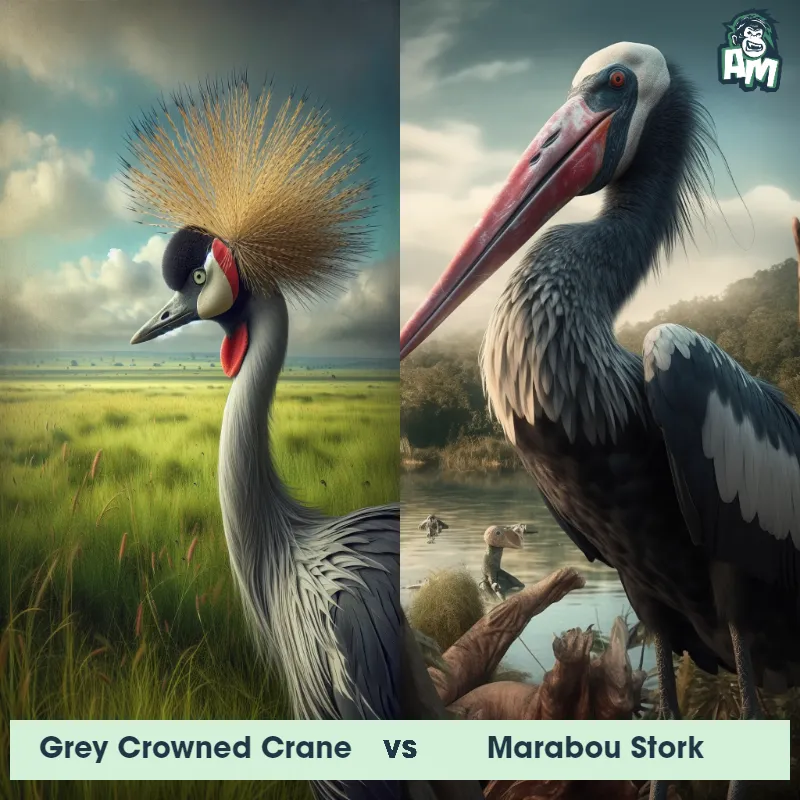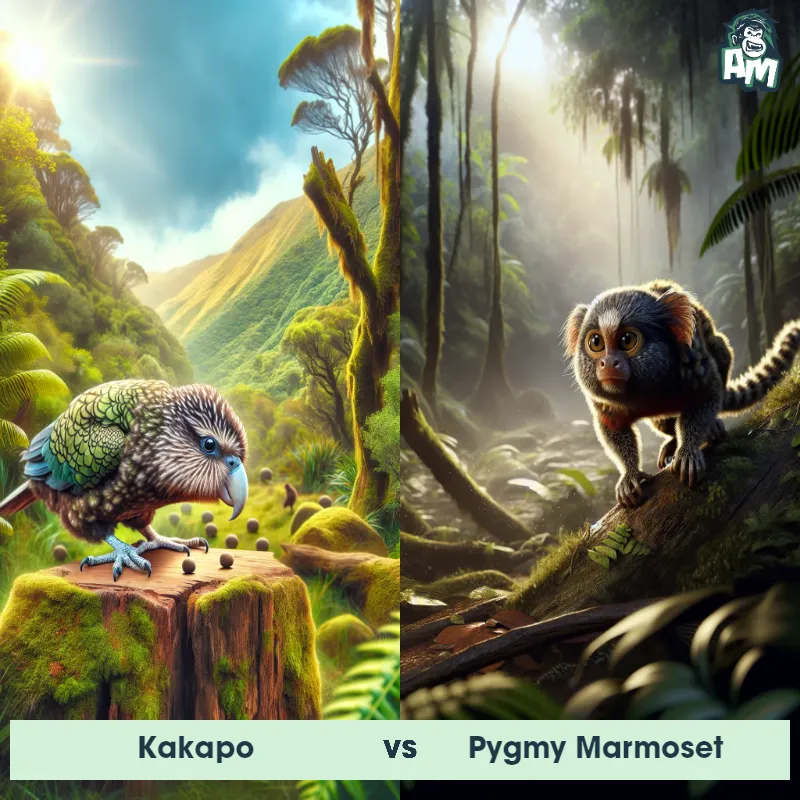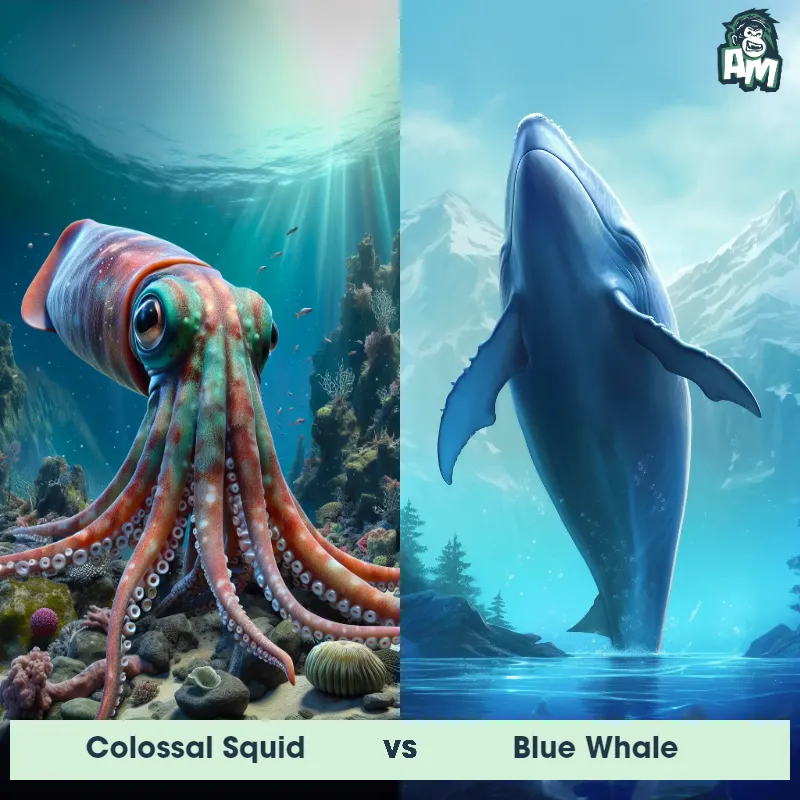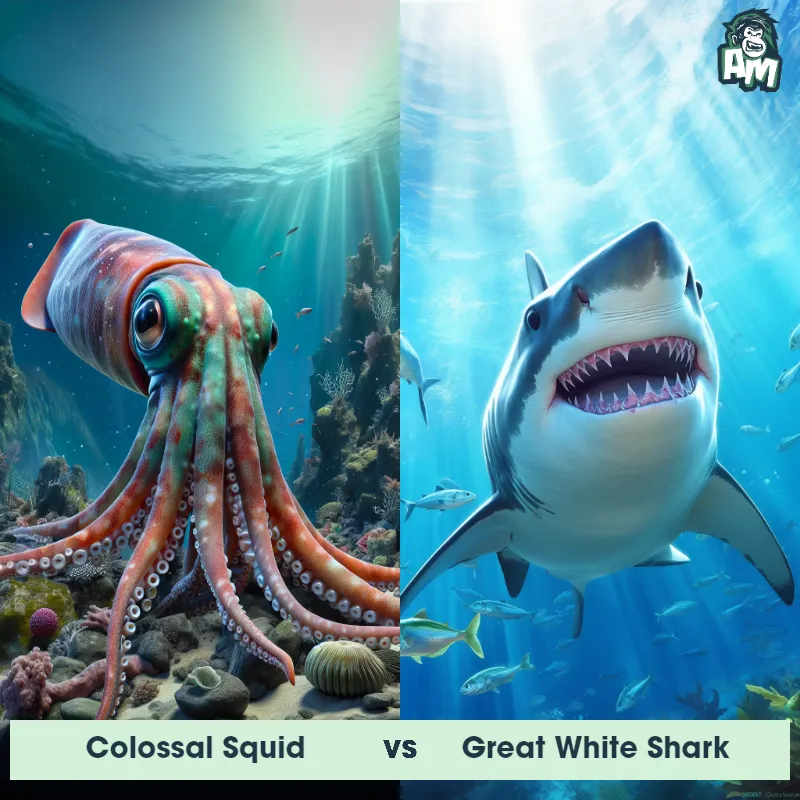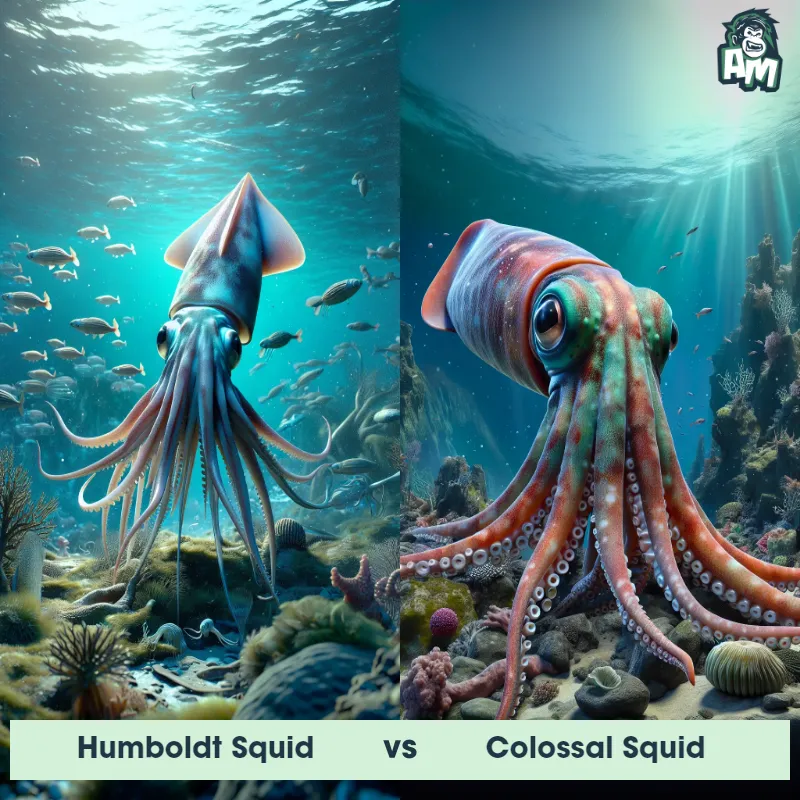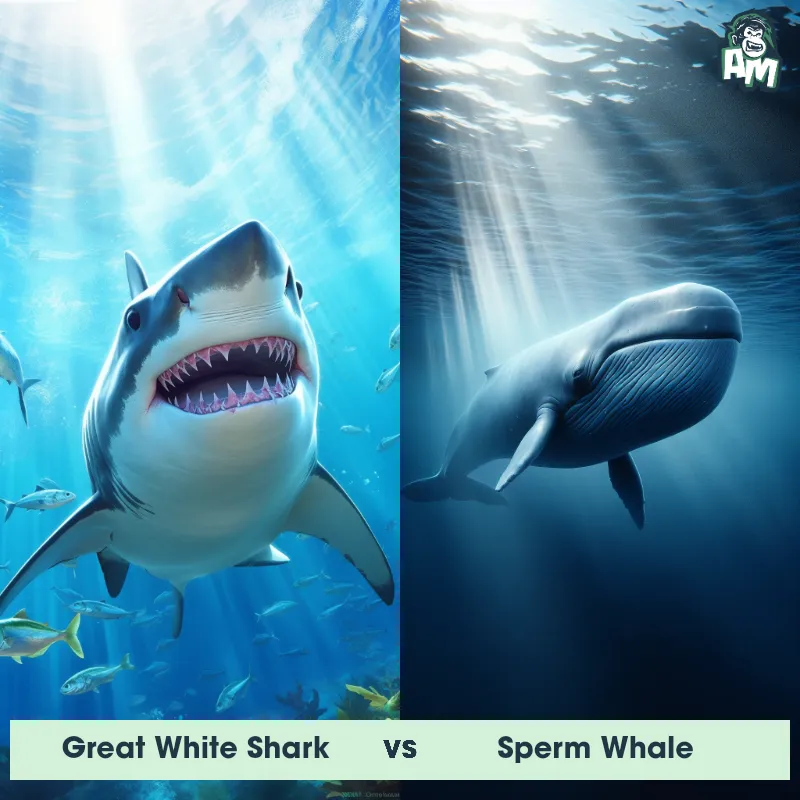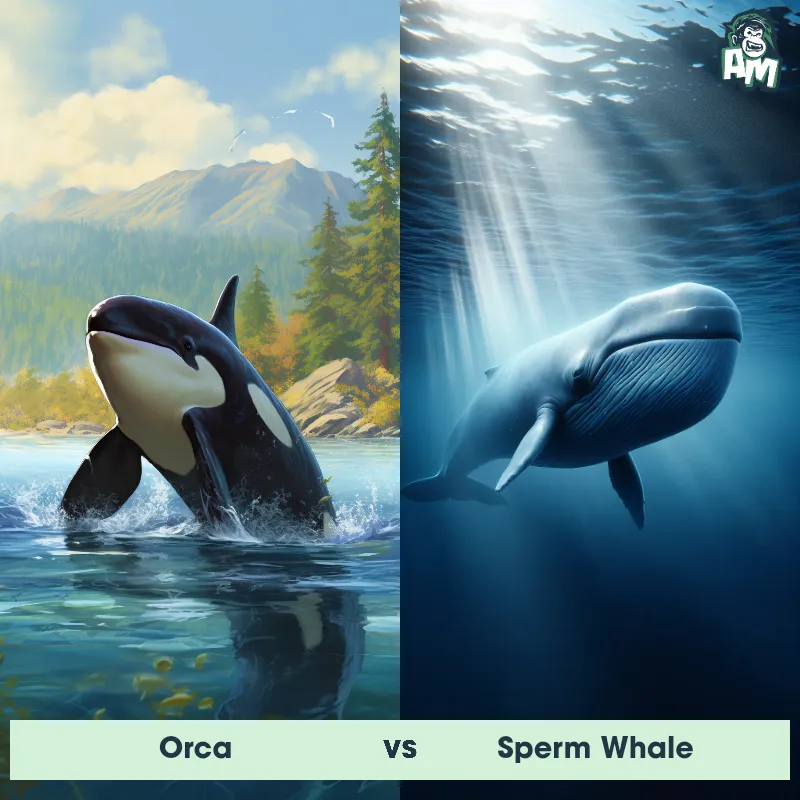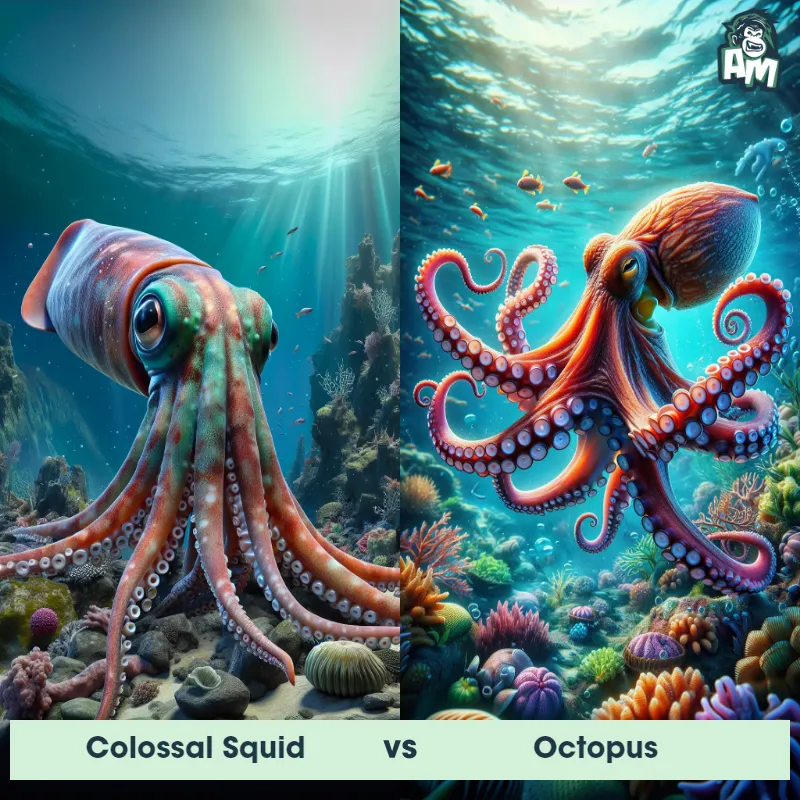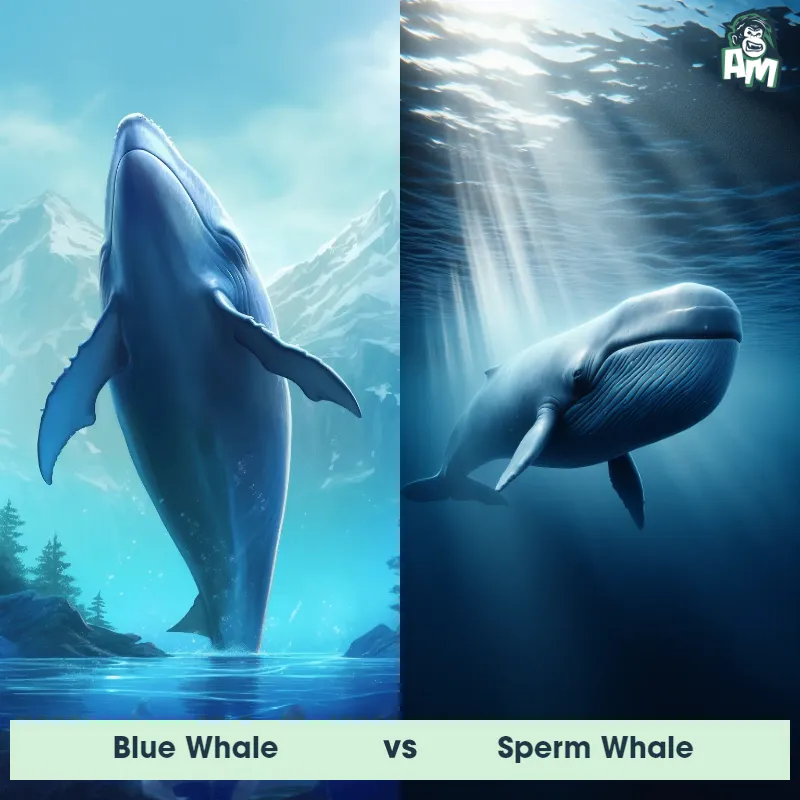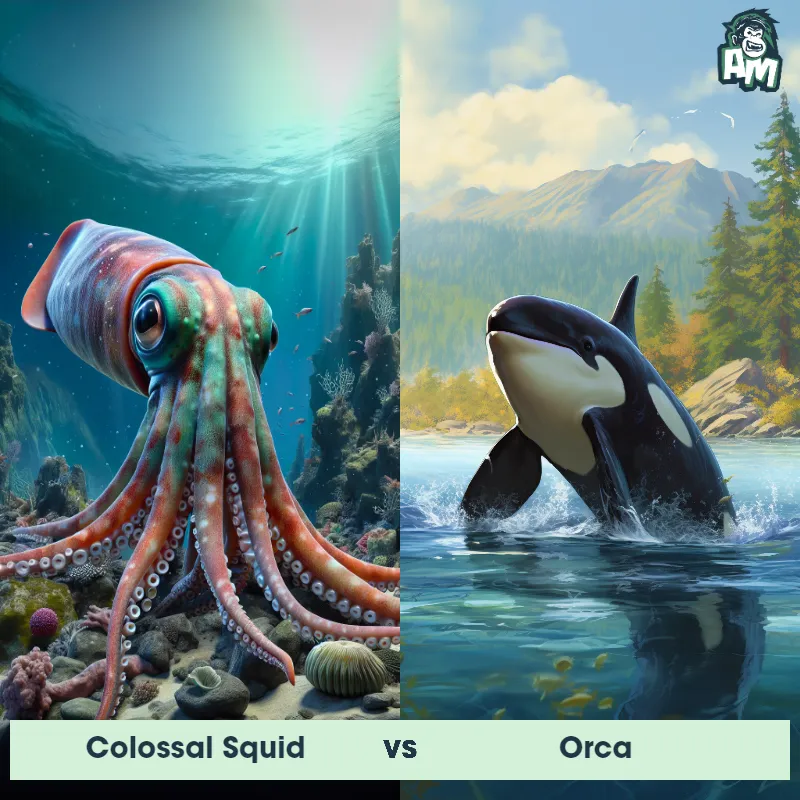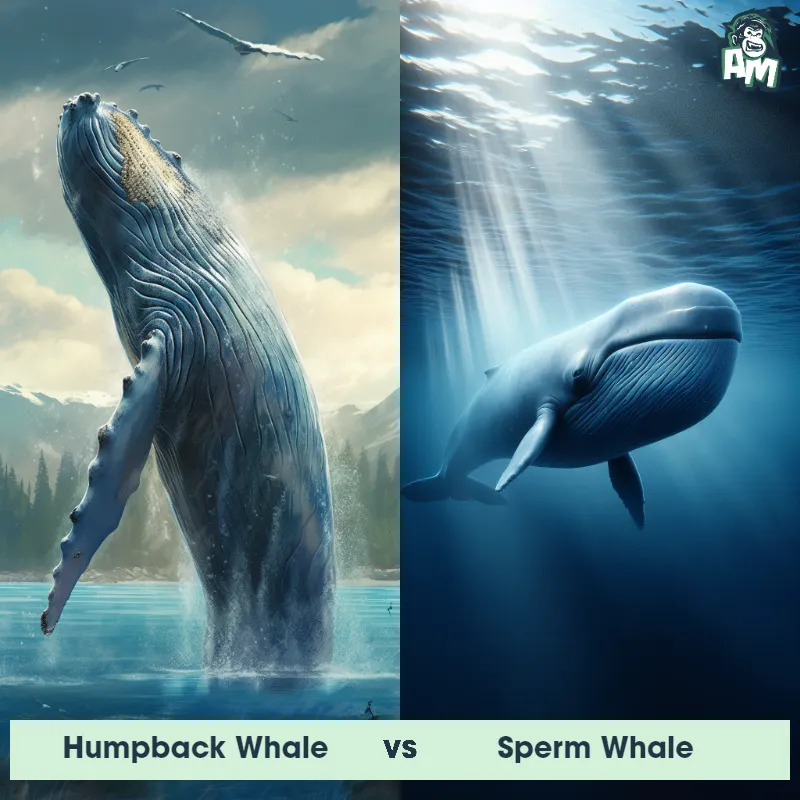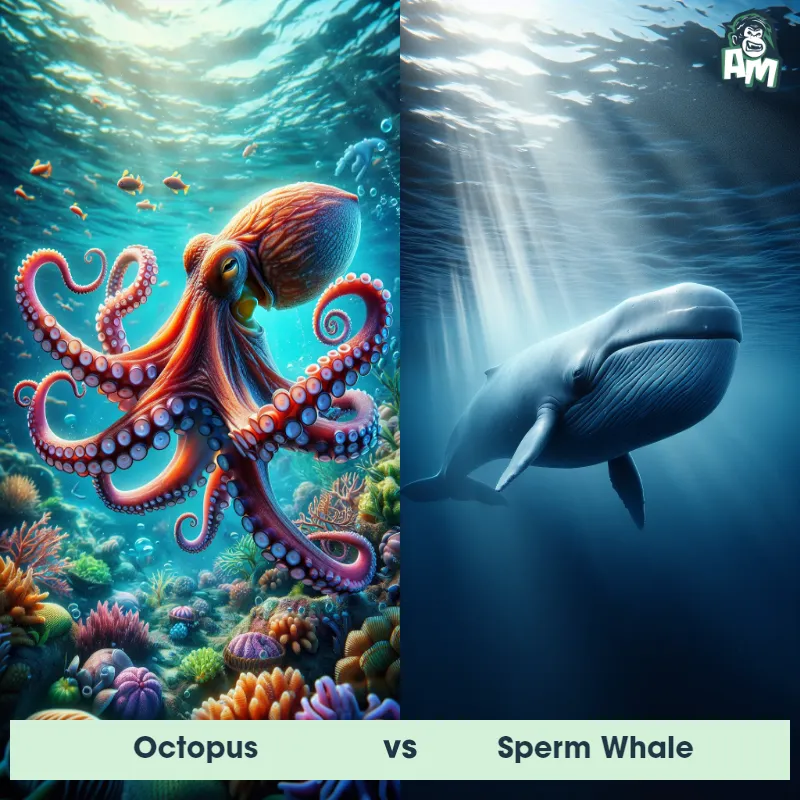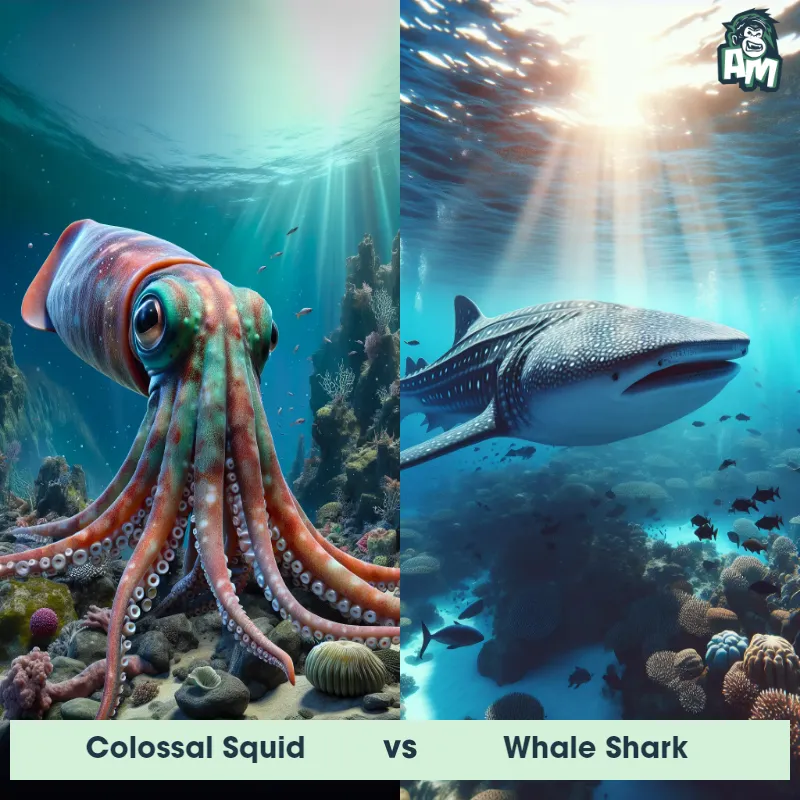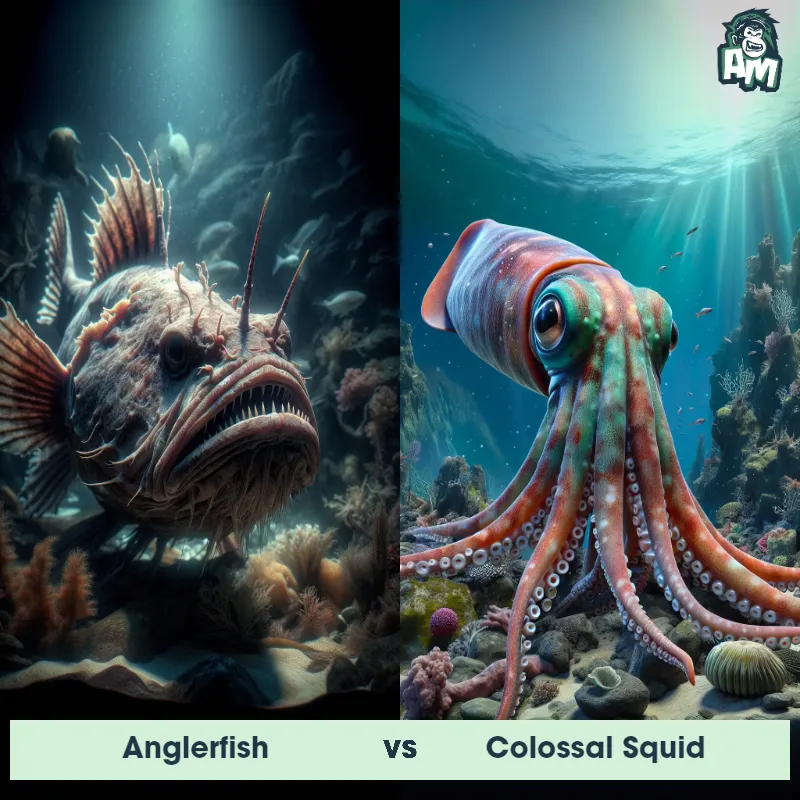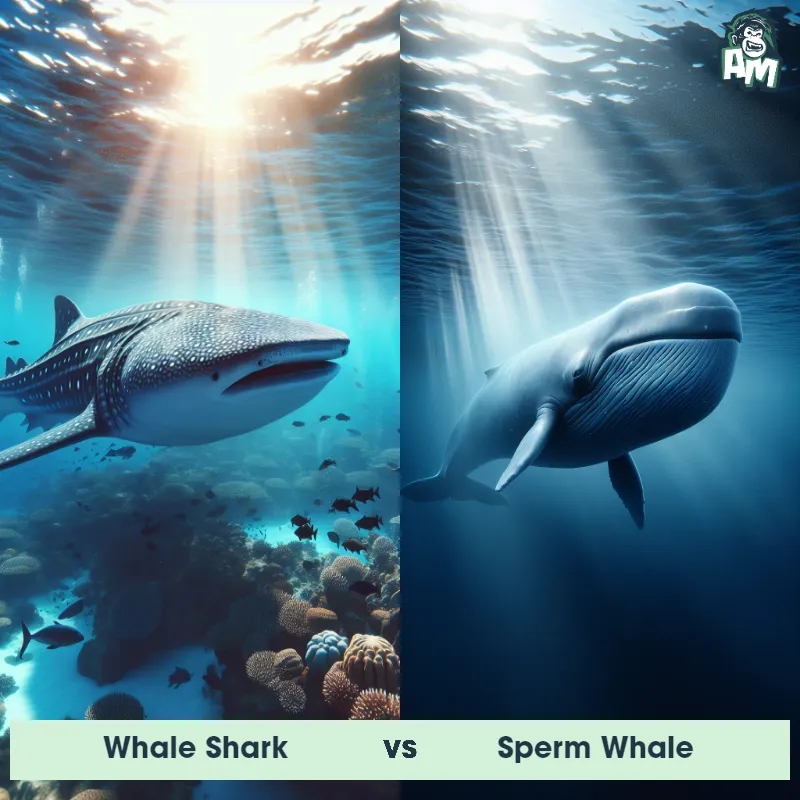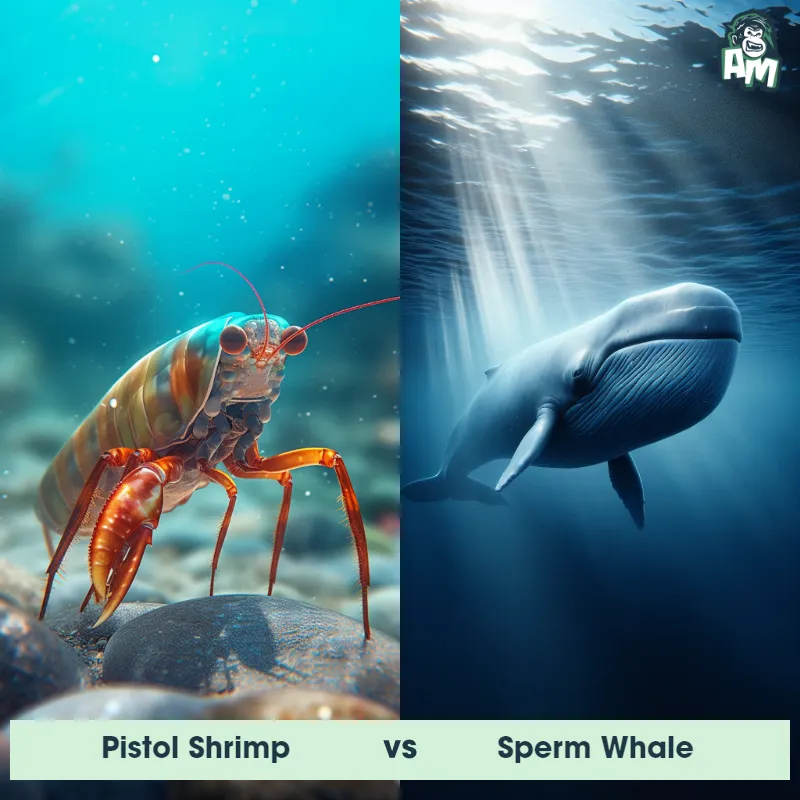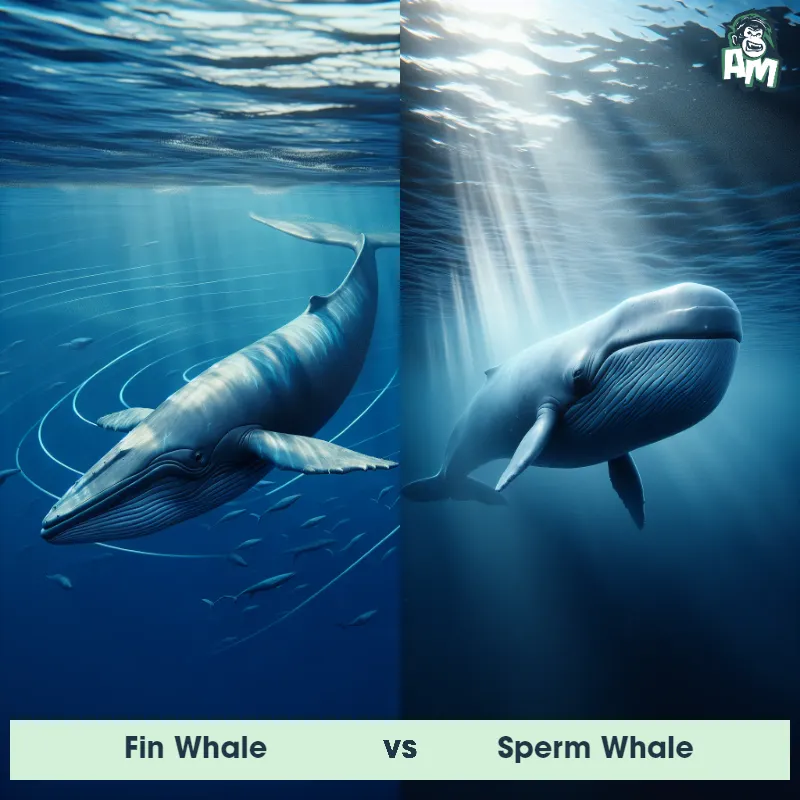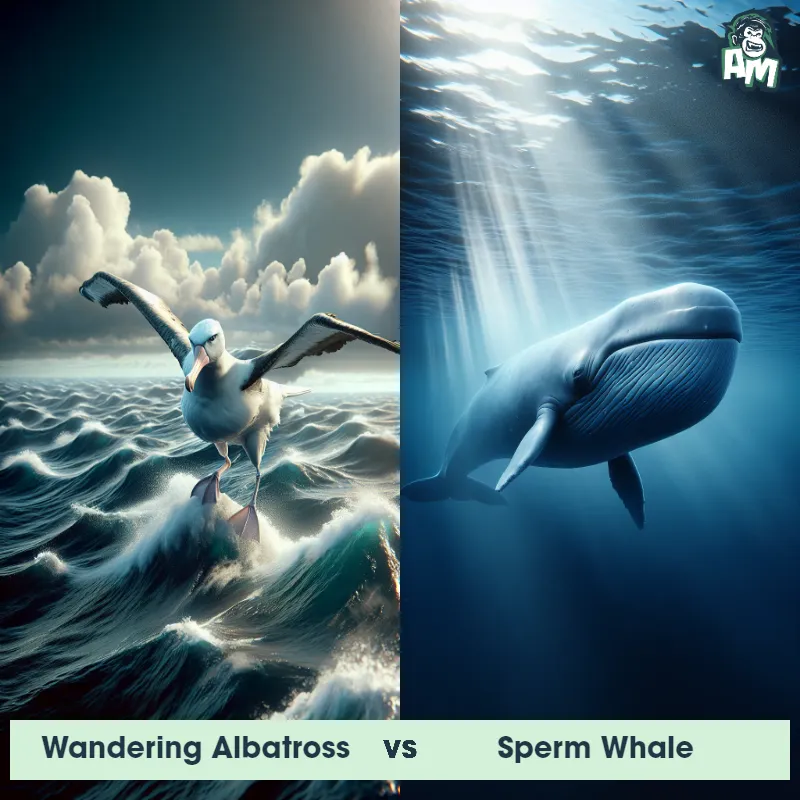Colossal Squid vs Sperm WhaleSee Who Wins
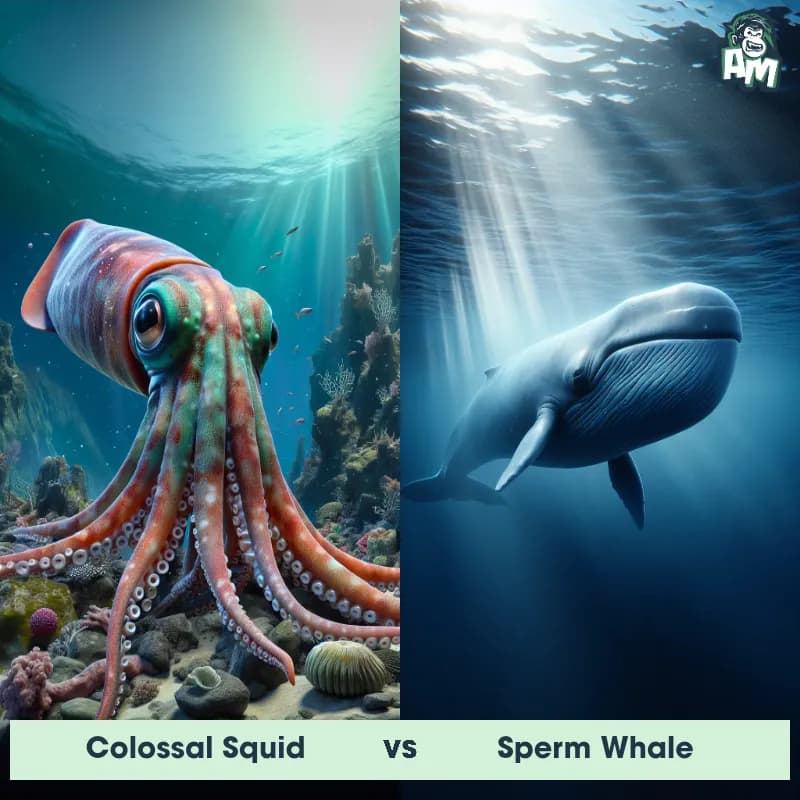
Welcome, ladies and gentlemen, to this thrilling matchup between two giants of the deep sea! We have a colossal squid going head-to-head against the mighty sperm whale. Both of these incredible creatures are known for their impressive size and power, so get ready for an epic battle! Let's jump right into the action!
Contender 1: Colossal Squid
The Colossal Squid, also known as Mesonychoteuthis hamiltoni, is one of the largest invertebrates in the world, with some individuals reaching up to 46 feet in length and weighing over 1,000 pounds. They have eight arms and two long tentacles, each lined with sharp hooks, which they use to catch prey such as fish and other squid. Their eyes are the largest of any known animal, measuring up to 10 inches in diameter, and they have a unique bioluminescent organ that they use to attract prey.
Fun Fact: The Colossal Squid has the largest beak of any known squid, which it uses to crush the shells of its prey.
Contender 2: Sperm Whale
The Sperm Whale, scientifically known as Physeter macrocephalus, is the largest toothed predator in the world and can grow up to 60 feet long, making it one of the largest species of toothed whales. This magnificent creature has a distinct stocky body with a large, box-like head that can make up a third of its total length. They have a dark grayish-brown skin, wrinkled appearance, and a hump-shaped dorsal fin. Sperm Whales possess the largest brain of any creature on Earth and are known for their unique ability to dive to incredible depths, reaching up to 3,000 meters below the surface. They feed primarily on deep-sea cephalopods like giant squid and possess a row of conical teeth on their lower jaw.
Fun Fact: Sperm Whales produce the loudest sound in the animal kingdom. The clicking sounds they emit for echolocation purposes can reach a volume of around 230 decibels, which is equivalent to a jet engine at full throttle.
Matchup Stats
| Colossal Squid | Sperm Whale | |
|---|---|---|
| Size | Up to 46 feet (14 meters) | Up to 60 feet (18 meters) long |
| Weight | Over 1,000 pounds (454 kilograms) | Up to 50 tons (45,359 kilograms) |
| Key Strength | Powerful tentacles with sharp hooks | Strong and powerful tail for swimming and propelling through water |
| Biggest Weakness | Vulnerable to attacks on its soft body | Vulnerable to attacks on the surface due to slow speed |
Current Votes
Colossal Squid vs Sperm Whale
See Who Wins
View More Matches
Looking For More?
Similar Matches
Scientific Stats
| Colossal Squid | Sperm Whale | |
|---|---|---|
| Scientific Name | Mesonychoteuthis hamiltoni | Physeter macrocephalus |
| Family | Cranchiidae | Physeteridae |
| Habitat | Deep ocean | Deep ocean waters |
| Geography | Southern Ocean | Found in oceans worldwide, but mostly in tropical and temperate regions |
| Diet | Fish and other squid | Mainly deep-sea cephalopods like giant squid |
| Lifespan | 3-4 years - 5 years | 70 years - 90 years |
Key Differences between Colossal Squid and Sperm Whale
- Feeding mechanism: The Colossal Squid is an active predator, using its powerful tentacles and sharp beak to capture and consume prey, often other squids and deep-sea fish, whereas the Sperm Whale relies on its large mouth and powerful suction to consume mainly squid, but may also feed on various fish species and even other marine mammals, such as seals or dolphins, on rare occasions.
- Size: The Colossal Squid is typically longer and heavier than the Sperm Whale, with the largest recorded specimens reaching lengths of up to 43 feet (13 meters) and weighing over 1,500 pounds (700 kilograms), while adult Sperm Whales can reach lengths of around 52 feet (16 meters) but weigh considerably more due to their blubber layer.
- Body shape: The Colossal Squid has a robust and muscular body with long tentacles and a mantle that tapers at the posterior end, whereas the Sperm Whale has a more streamlined body shape, resembling that of a large fish, with a clear distinction between the head and the hammer-like shape of its lower jaw.
- Eye size: The Colossal Squid possesses the largest eyes of any known organism, measuring around 11 inches (28 centimeters) in diameter, enabling it to locate prey in deep, dark waters, whereas the Sperm Whale has relatively smaller eyes, measuring around 4 inches (10 centimeters), but still larger than most other animals.
- Coloration: The Colossal Squid displays a reddish-brown or tan coloration on its mantle, with large, bulbous eyes and a pale, cream-colored tentacle club, while the Sperm Whale has a dark bluish-gray or blackish skin, often with scratches and scars acquired during deep-sea battles or encounters with other squids.
- Dentition: The Colossal Squid possesses a unique feature of sharp-toothed suction cups lining the inner surface of its tentacles, which it uses to latch onto prey, while the Sperm Whale has a series of large, conical, and highly functional teeth only in its lower jaw, which can number up to 50.



